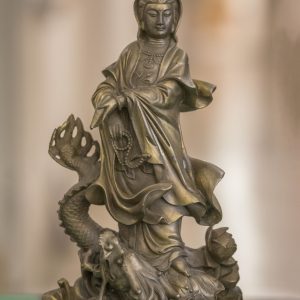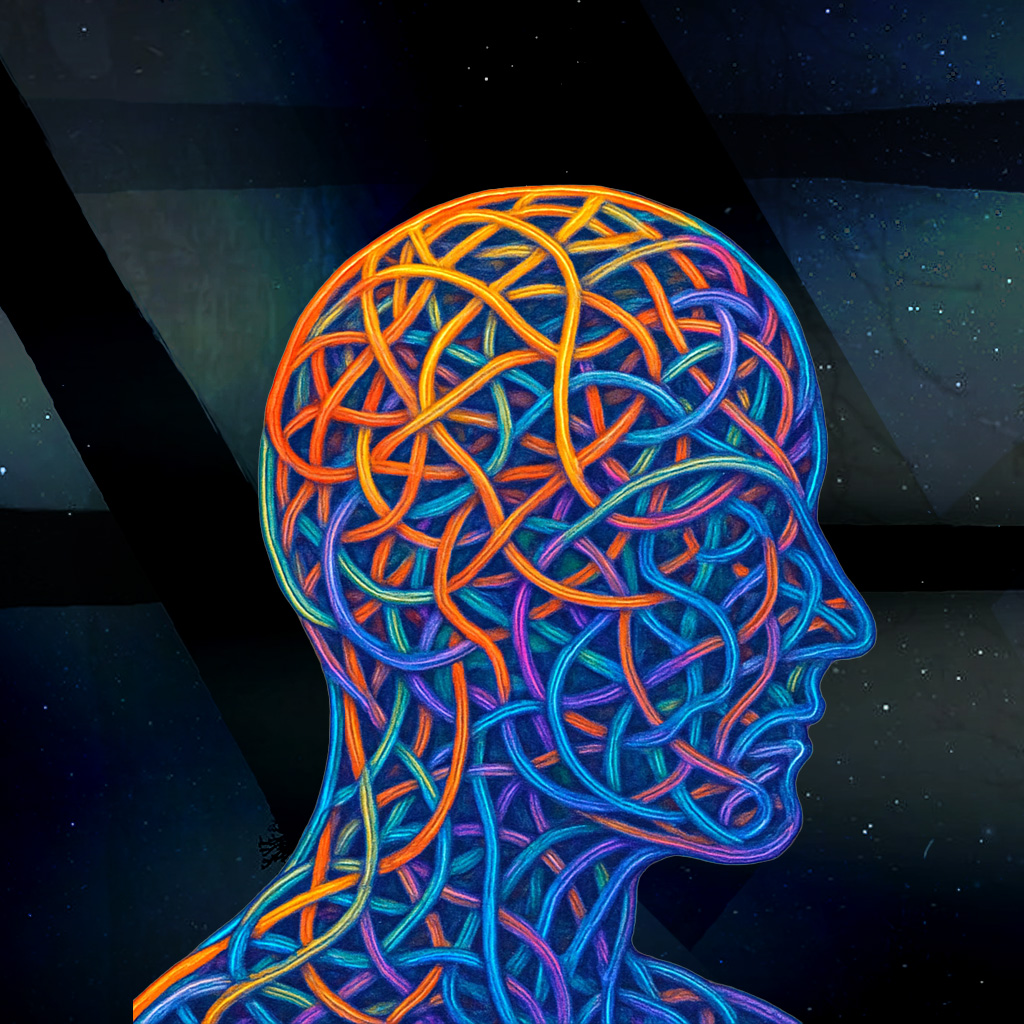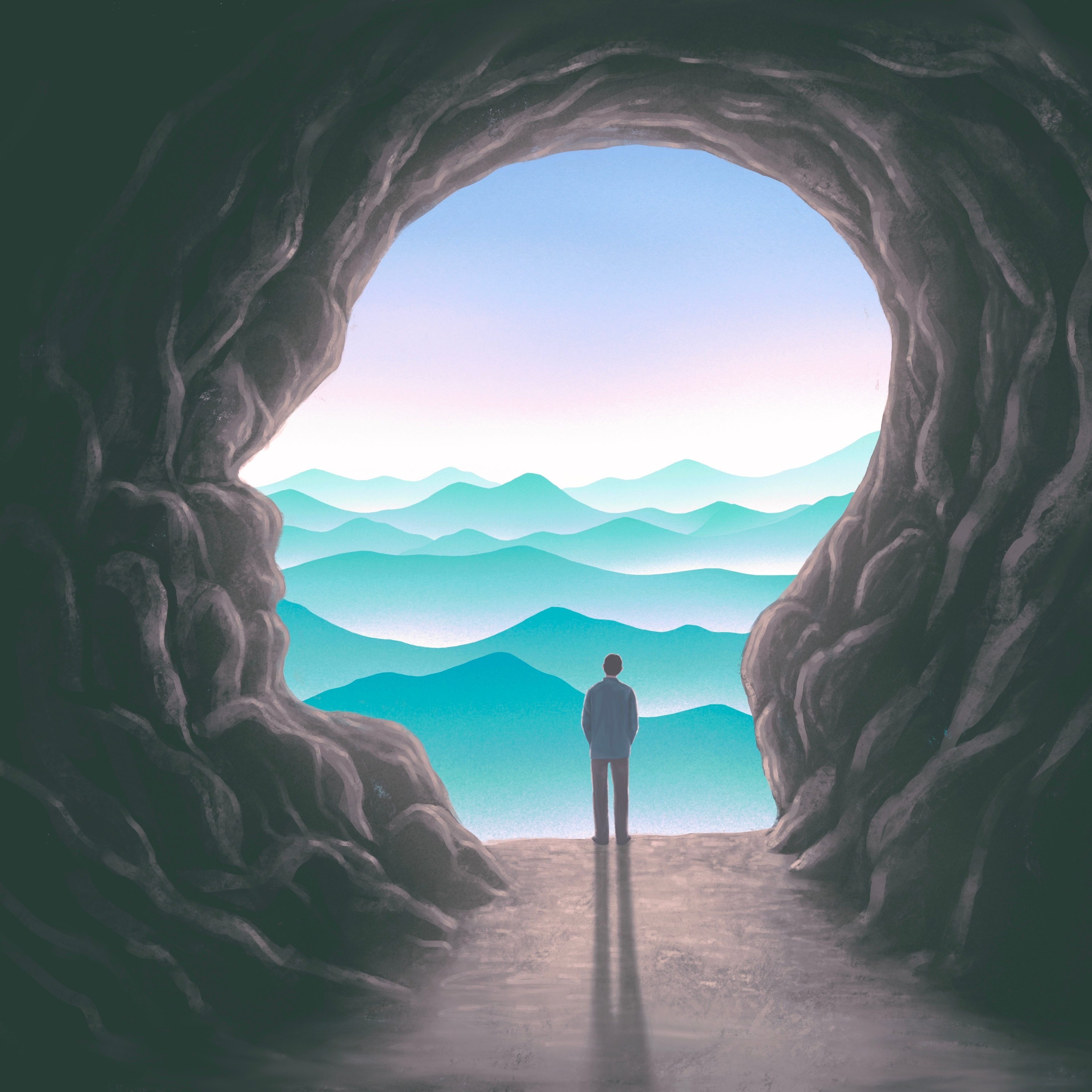
Open-hearted, Cooperative Relationships: Anti-racism and the Buddhadharma
The following is from Professor Doug Powers, in response to the ongoing Black Lives Matter movement and the recent events in Minneapolis and around the world.
This is a transcribed spoken interview. It’s been lightly edited for clarity and brevity. We tried, where possible, to maintain the conversational tone of the interview.
This is a moment of uprising against racism towards black people in America. America has a long history of extreme racism. It has racism built into it from the very beginning, it is a fundamental aspect of this country. A Buddhist view would be anti-racist and in total opposition to racism. From a Buddhist way of seeing things, every human being has not only the buddha-nature, but has a right to have a human existence that’s peaceful, has generosity, has patience, has all the different elements of Buddhism we could talk about. Each living being has the buddha-nature as the basis of their humanity, their human existence, and that applies to everyone equally. There’s no question about it.
Master Hua said clearly, “Human nature is basically good. It’s not evil.” He said when someone is first born, they are very close to the pure nature. It’s only through their cultural learning that afflictions, such as racism, come into play.
Then looking at the values of Buddhism – generosity, loving-kindness, compassion, equanimity, joy – all these different unselfish qualities are opposed to racism, because all racism is fundamentally based on selfishness. When the Buddha says there’s no self that implies that racism is based on views of self. Prejudice is based on views of self. So all the Buddha’s teachings are totally opposed to racism without any question.
Killing somebody is, without question, breaking the precepts. Opposing the police killing people is 100% in keeping with Buddhadharma. There is now an anti-racist movement to try to change some of these racist elements in American society. It will require energy – it’s going to take years and constant effort. Changing these racist elements is something we definitely want to support.
Advice for Students
The first thing our students need to do is to look into themselves and see how much they’ve taken racist prejudices into themselves from their cultural surroundings. In subtle ways, they may or may not have racist elements in them. And if they say they have no racist elements, I don’t believe them.
A huge element of mindfulness, of being aware of yourself, is to see the racist elements in yourself. Interegate these parts of yourself, “Yeah you know, I picked up a whole bunch of stuff from all kinds of places. Am I responsible for the origins of these racist views?” Not completely because I’m sure many of them were created in your childhood and earlier, but you have to look and see: where did those racist elements arise? To get rid of them in yourself is the first step of being able to have true feelings towards other people, feelings of loving-kindness, compassion, generosity, and so forth. If you have an open-hearted, cooperative, generous nature towards people, then you can get past your racism and engage people on a human level.
The first step is to see your own racism, to be mindful of your own prejudices and your own judgmental systems. There is probably a fair amount of racism in everybody; and everybody, even when they don’t consider themselves to be a racist at all, still has prejudicial elements in their attitudes that come from our culture. You have stereotypical kinds of approaches to people that are being reinforced by society. Understanding that is a very important part of opening up the heart.
Evaluating Our Own Biases
You have to manifest what it is that you are trying to do. You can’t just pontificate. You need to manifest it. This is not just something you do because it’s the thing that’s happening right now, or because it emotionally feels satisfying to be involved in a cause. Rather, you should work on the actual relationships, person by person, in the interactions that you have with people, where you’re able to generate that positivity towards people, and understand our differences. It’s important that actual human beings relating to each other have that sense of human-to-human generosity in spirit, loving-kindness, and really appreciate the other person. Everyone can feel that when it’s happening.
I suggest that you listen carefully to people’s experiences, have compassion and empathy with their experience, as they’re experiencing it themselves. Empathy with another’s experience means not projecting what they should or should not do based on your experience. You need to cultivate empathy based on the other person’s experience, which requires deep listening, caring, and paying attention with loving-kindness and generosity.
It’s not about an ideology or a cause; it’s about human beings and their existence. Black rights are not liberal. It’s not political. It’s not left-wing. It’s treating human beings as human beings. You don’t kill somebody. Not killing somebody is not an ideology. There was a total lack of humaneness in Minneapolis, and we need to cultivate humaneness.
The Way to Long-term, Sustainable Change
I think one good thing right now is that a huge percentage of younger people are against racism. If they can move towards seriously working on racism and its societal elements, it might make a real difference.
You have to be patient, though. You’re not going to make a fundamental difference in a year. It’s going to take constant action, taking one thing at a time. The justice system and policing are a really good place to start, but they are only the beginning. If people put out a certain effort over time, it could make a real difference.
Young people are getting behind this movement. It has a lot of capacity to get people involved and change their way of relating to other people. Come from a place of care, sympathy, empathy, and compassion. Feel the desire for the other persons’ empowerment and the right to the other persons’ empowerment.


